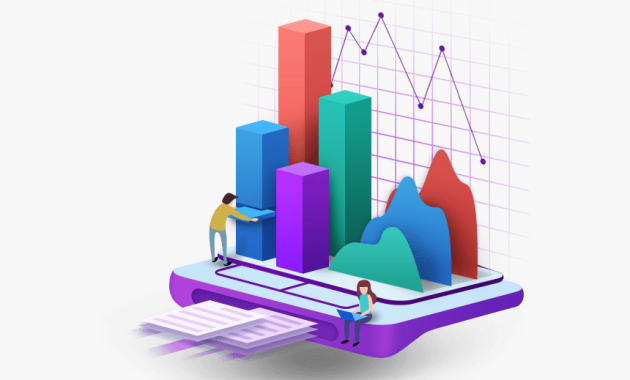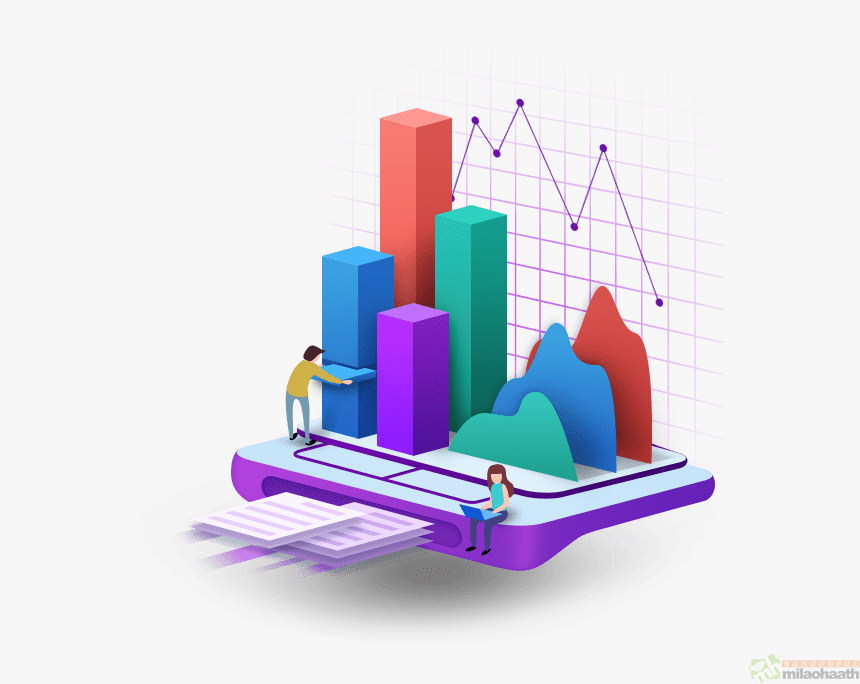
Smart Planning Using Business Intelligence Software: A Strategic Advantage in Today’s Market
In the fast-paced world of modern business, the ability to make informed decisions quickly is paramount. Companies are constantly bombarded with data, making it challenging to discern meaningful insights. This is where smart planning using business intelligence software emerges as a critical tool. This article delves into the power of BI software in strategic planning, exploring its capabilities, benefits, and how it can transform your organization’s decision-making process.
The core of smart planning using business intelligence software lies in its ability to collect, analyze, and interpret vast amounts of data from various sources. This data is then presented in a clear, concise, and actionable format. This allows businesses to gain a deeper understanding of their operations, market trends, and customer behavior. The result is more effective strategic planning, leading to improved performance and a competitive edge.
Understanding the Fundamentals of Business Intelligence Software
Business intelligence (BI) software encompasses a range of tools and technologies. These tools are designed to collect, process, and analyze data. The objective is to provide insights that support better business decisions. At its core, BI software serves as a central hub. It integrates data from disparate sources like CRM systems, ERP systems, and marketing platforms. This integration allows for a holistic view of the business.
Key features of BI software include:
- Data Integration: The ability to connect to various data sources.
- Data Warehousing: Storing and organizing large datasets.
- Data Analysis: Tools for analyzing data and identifying trends.
- Reporting and Visualization: Creating reports and dashboards for easy understanding.
- Data Mining: Discovering patterns and insights from large datasets.
These features work together to transform raw data into actionable intelligence. This intelligence empowers businesses to make data-driven decisions. These decisions are critical for smart planning using business intelligence software.
The Role of Business Intelligence in Strategic Planning
Strategic planning is a complex process. It involves setting long-term goals, defining strategies, and allocating resources. BI software significantly enhances this process. It provides the data and insights needed to make informed decisions. This leads to more effective and successful strategic plans.
Here’s how BI software contributes to strategic planning:
- Identifying Market Opportunities: Analyzing market trends and customer behavior.
- Assessing Competitive Landscape: Monitoring competitor activities and market share.
- Optimizing Resource Allocation: Making data-driven decisions about resource allocation.
- Improving Forecasting Accuracy: Using data to predict future trends and outcomes.
- Measuring Performance: Tracking key performance indicators (KPIs) and evaluating progress.
By leveraging BI software, businesses can move from intuition-based planning to data-driven planning. This shift improves the likelihood of achieving strategic goals. It also enables organizations to adapt quickly to changing market conditions. This is key for smart planning using business intelligence software.
Benefits of Smart Planning Using Business Intelligence Software
The advantages of smart planning using business intelligence software are numerous. These benefits span across various aspects of a business. From improved decision-making to increased operational efficiency, BI software offers a significant return on investment.
Key benefits include:
- Improved Decision-Making: Data-driven insights lead to better decisions.
- Enhanced Efficiency: Automation and streamlined processes save time and resources.
- Increased Revenue: Targeted marketing and sales efforts boost sales.
- Reduced Costs: Identifying and eliminating inefficiencies leads to cost savings.
- Competitive Advantage: Better insights and faster decision-making create an edge.
- Better Risk Management: Identifying and mitigating potential risks.
These benefits contribute to overall business success. Organizations that embrace BI software are better positioned to thrive in a competitive market. This is the ultimate result of smart planning using business intelligence software.
Implementing Business Intelligence Software: A Step-by-Step Guide
Implementing BI software requires careful planning and execution. The process involves several key steps to ensure a successful implementation. These steps maximize the value of the investment.
Here’s a step-by-step guide:
- Define Objectives: Determine the specific goals and objectives.
- Assess Needs: Evaluate current data sources and reporting requirements.
- Choose Software: Select the BI software that best fits the needs.
- Data Integration: Connect the software to the data sources.
- Data Modeling: Organize and structure the data.
- Develop Reports and Dashboards: Create reports and dashboards for insights.
- Training: Train employees on how to use the software.
- Deployment: Deploy the software and start using it.
- Evaluation: Regularly evaluate the software’s performance.
By following these steps, businesses can ensure a smooth and effective implementation. It will also provide a solid foundation for smart planning using business intelligence software.
Real-World Examples of Smart Planning with BI Software
Numerous companies across various industries have successfully implemented BI software. These companies have achieved significant results. These examples showcase the power of data-driven decision-making.
- Retail: Analyzing sales data to optimize product placement and inventory.
- Healthcare: Tracking patient data to improve outcomes and reduce costs.
- Manufacturing: Monitoring production processes to identify bottlenecks and improve efficiency.
- Finance: Analyzing financial data to detect fraud and manage risk.
- Marketing: Tracking customer behavior and optimizing marketing campaigns.
These examples demonstrate the versatility and adaptability of BI software. It can be applied to a wide range of business scenarios. The key is to identify the right data and use it to make informed decisions. This represents the essence of smart planning using business intelligence software.
Choosing the Right Business Intelligence Software
Selecting the right BI software is crucial for success. Several factors should be considered when making a choice. Choosing the right tool ensures the best fit for the organization’s needs.
Key considerations include:
- Features: Ensure the software has the features needed.
- Scalability: The software should handle growing data volumes.
- Ease of Use: User-friendliness is essential for adoption.
- Integration: Compatibility with existing systems is important.
- Cost: Consider the total cost of ownership.
- Support: Ensure adequate technical support.
By carefully evaluating these factors, businesses can choose the BI software that best supports their strategic planning efforts. This supports the overall goal of smart planning using business intelligence software.
Future Trends in Business Intelligence
The field of BI is constantly evolving. New technologies and trends are emerging. These trends will shape the future of business intelligence.
Key trends include:
- Artificial Intelligence (AI): AI-powered analytics and automation.
- Machine Learning (ML): Predictive analytics and pattern recognition.
- Cloud-Based BI: Increased adoption of cloud-based solutions.
- Data Visualization: Advanced visualization tools for better insights.
- Self-Service BI: Empowering users to access and analyze data.
These trends will further enhance the capabilities of BI software. This will lead to even more effective strategic planning. The future of smart planning using business intelligence software is promising.
Conclusion: Embracing Data-Driven Planning
Smart planning using business intelligence software is no longer a luxury. It is a necessity for businesses that want to thrive in today’s competitive environment. By leveraging the power of data, organizations can make informed decisions, optimize operations, and achieve their strategic goals.
The key to success lies in embracing data-driven planning. Businesses must invest in the right tools and technologies. They must also foster a data-driven culture. This will ensure they are well-equipped to navigate the challenges and opportunities of the future.
The ability to analyze data effectively is the cornerstone of modern business. This is the core of smart planning using business intelligence software.
[See also: The Importance of Data Visualization in Decision Making]
[See also: How to Choose the Right BI Software for Your Business]
[See also: Data Mining Techniques for Business Intelligence]

